US employers added 272,000 jobs in May which was far higher than economists expected.
Research and publish the best content.
Get Started for FREE
Sign up with Facebook Sign up with X
I don't have a Facebook or a X account
Already have an account: Login
A collection of articles relating to the 'international' elements of Economics and relating to IB, Pre-U and A-Level Economics.
Curated by
Graham Watson
 Your new post is loading... Your new post is loading...
 Your new post is loading... Your new post is loading...
|
|






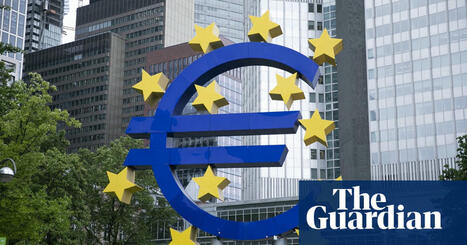

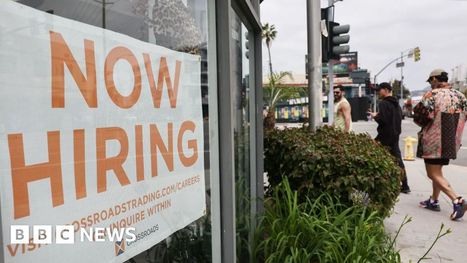

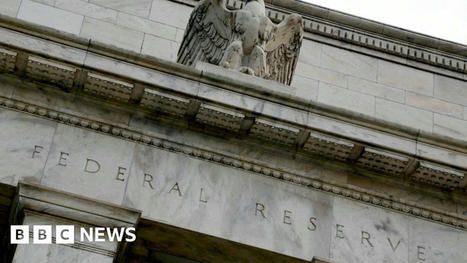







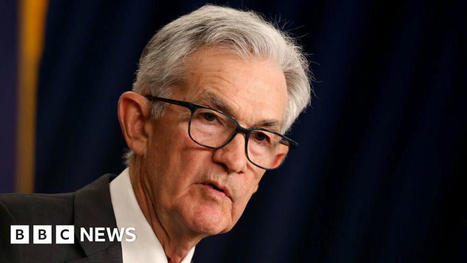
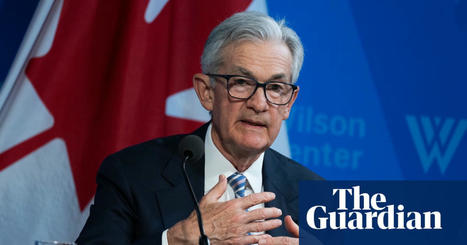



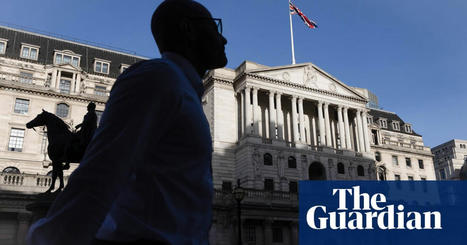






Rising job creation in the US might have implications for the conduct of monetary policy, with the prospect of further rate cuts being delayed because of concerns about the level of aggregate demand in the economy.
It will be interesting to see what the Federal Reserve will do.